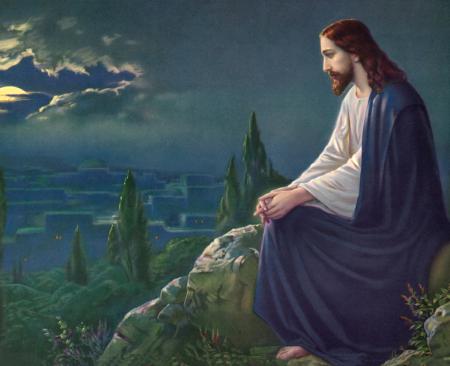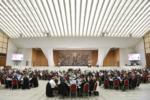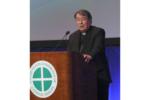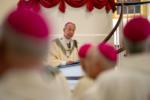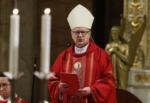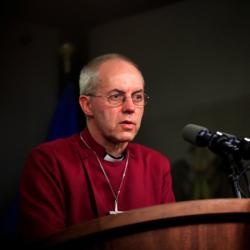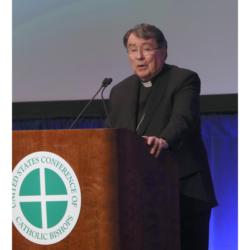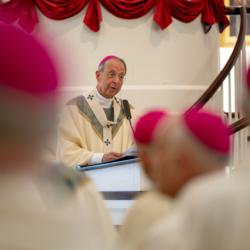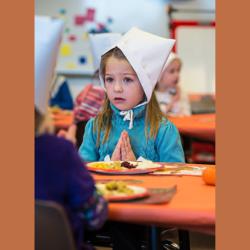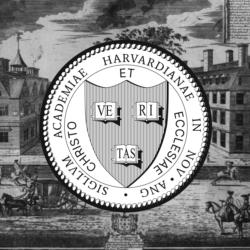Scripture Reflection for Nov. 10, 2024, Thirty-Second Sunday in Ordinary Time
1 Kgs 17:10-16
Ps 146:7, 8-9, 9-10
Heb 9:24-28
Mk 12:38-44 or 12:41-44
The story of this encounter in this Sunday's gospel is often referred to as "The Widow's Mite," a mite being the smallest of coins.
But it could be the lesson of "The Widow's Might." Here, in this isolated story of a poor woman, we find a story of remarkable, unexpected power. Whether we realize it or not, she is a mighty woman -- a figure who teaches important lessons to the disciples and, two thousand years later, offers one to us here and now.
First: this is a profound lesson in generosity. We see in this widow someone who has nothing but gives everything -- perhaps keeping food off her own table (if she even has a table.)
How many of us would do the same? How many of us would have that kind of courage, that kind of selflessness?
When it counts, how much of ourselves are we willing to give? How much do we give of our time, our patience, our attention, our talents? How much of that do we waste?
Secondly: this is a humbling lesson in perception and prejudice. This gospel passage begins with Jesus mentioning the scribes in their long robes who "devour the houses of widows." They appear to have everything -- admiration, money, power, respect.
Yet, Jesus condemns these people who have everything, but then turns his attention to this woman who has nothing. She is a person most in the community probably overlook or ignore, a figure on the margins. But she matters. Jesus tells his followers to take note: "This poor widow put in more than all the other contributors to the treasury."
He opens their eyes -- and ours -- to another way of thinking about the poor, the neglected, the people who are shoved aside. He gives this widow something she probably hasn't had in years: dignity. He gives her honor and respect.
It challenges us today, in our own time, to ask how we judge others like her. How do we view the poor, the destitute, the outcast? What about the elderly, the needy, or the infirm? Do we consider what they have to give to our world?
Finally, and perhaps most importantly: this is a breathtaking lesson in trust.
This woman's greatest power, her might, lies in her courageous ability to let go and let God. She gives without holding back and trusts that God will provide.
This episode in the Gospel provokes us to reconsider what we have, what we hold onto, and what we so often refuse to give up. What are the things that give us a false sense of security? What are the things that are keeping us from giving ourselves over to God?
It's worth remembering that all of this is happening just days before Jesus will suffer and die. In Mark's gospel, Jesus has arrived in Jerusalem to get ready for the Passover -- but his eyes are on Calvary. So, at this moment, the one who will give everything on the cross pays tribute to an anonymous woman who gives everything at the treasury.
These final days of his are an opportunity to impart his final lessons to his disciples.
Last Sunday, we heard the two greatest commandments -- love God, love your neighbor. Next week, we will hear Christ's warnings about the end times. On our calendar, our liturgical year is drawing to a close; but in Mark's account, so is Jesus's life. There are some things he wants us to know before he is gone.
He is reminding us of the central tenet of the gospel, his message for generations to come: a message of love, of mercy, of sacrifice.
But it is also a message of unflinching, unwavering faith. It says: We are meant to hold nothing back. Give. Notice what others miss. Remember those who are often forgotten. And trust.
Need an example? Just remember the mightiness of the widow's mite.
- Deacon Greg Kandra is an award-winning author and journalist, and creator of the blog, "The Deacon's Bench."
